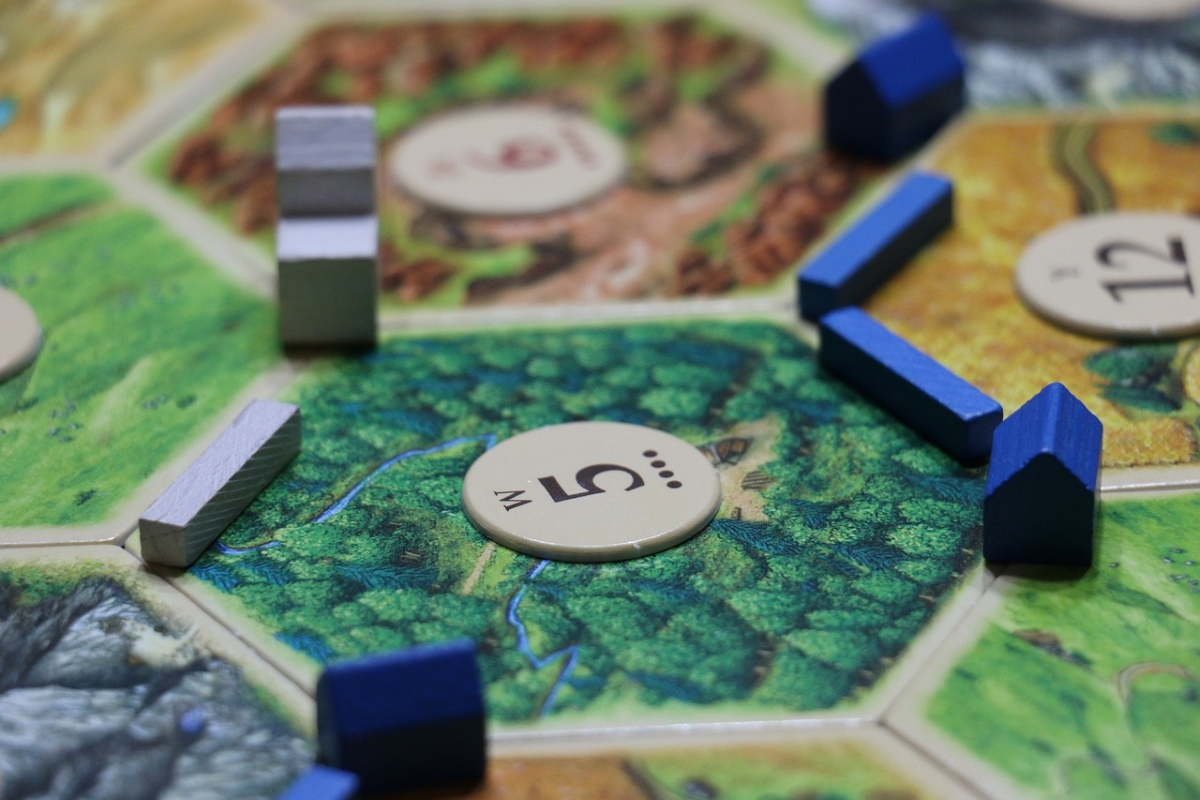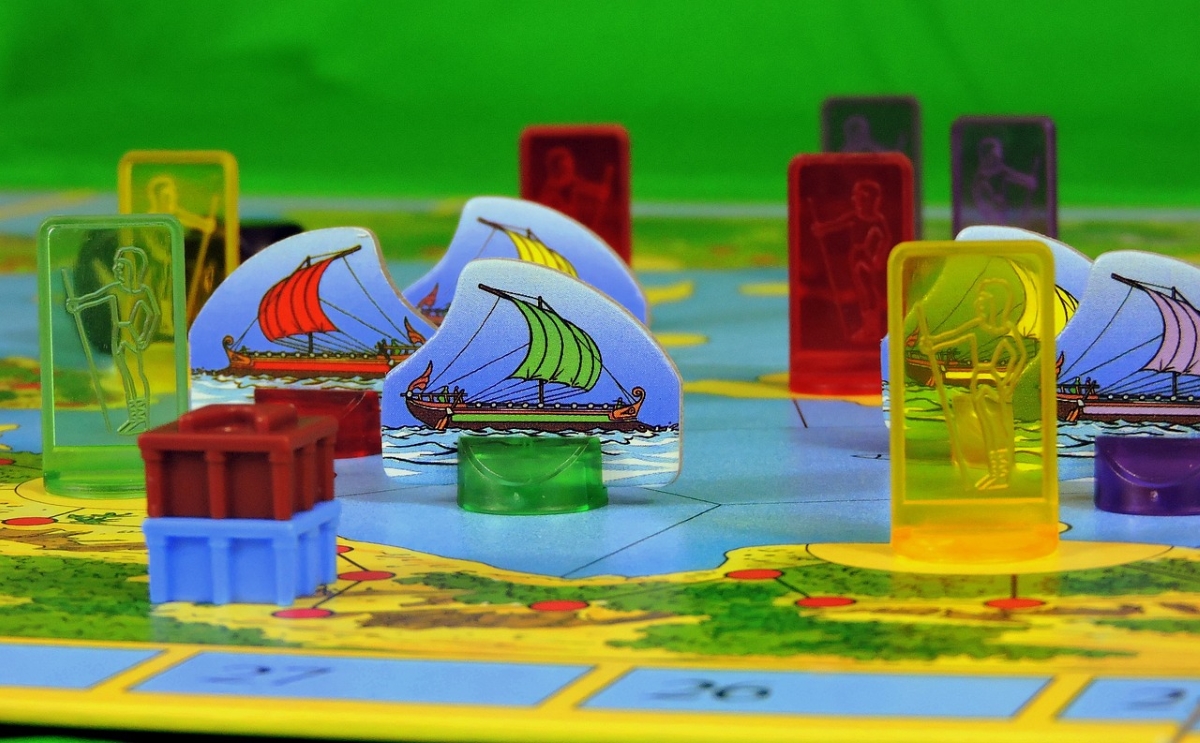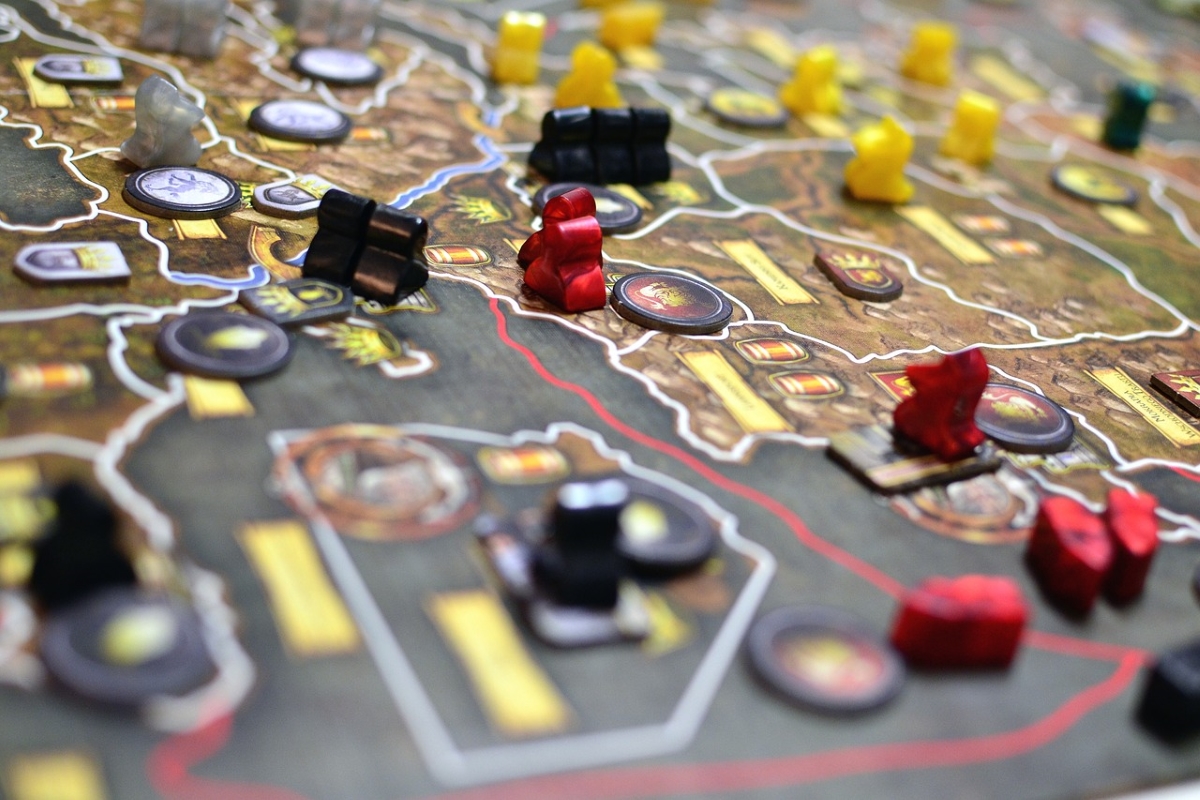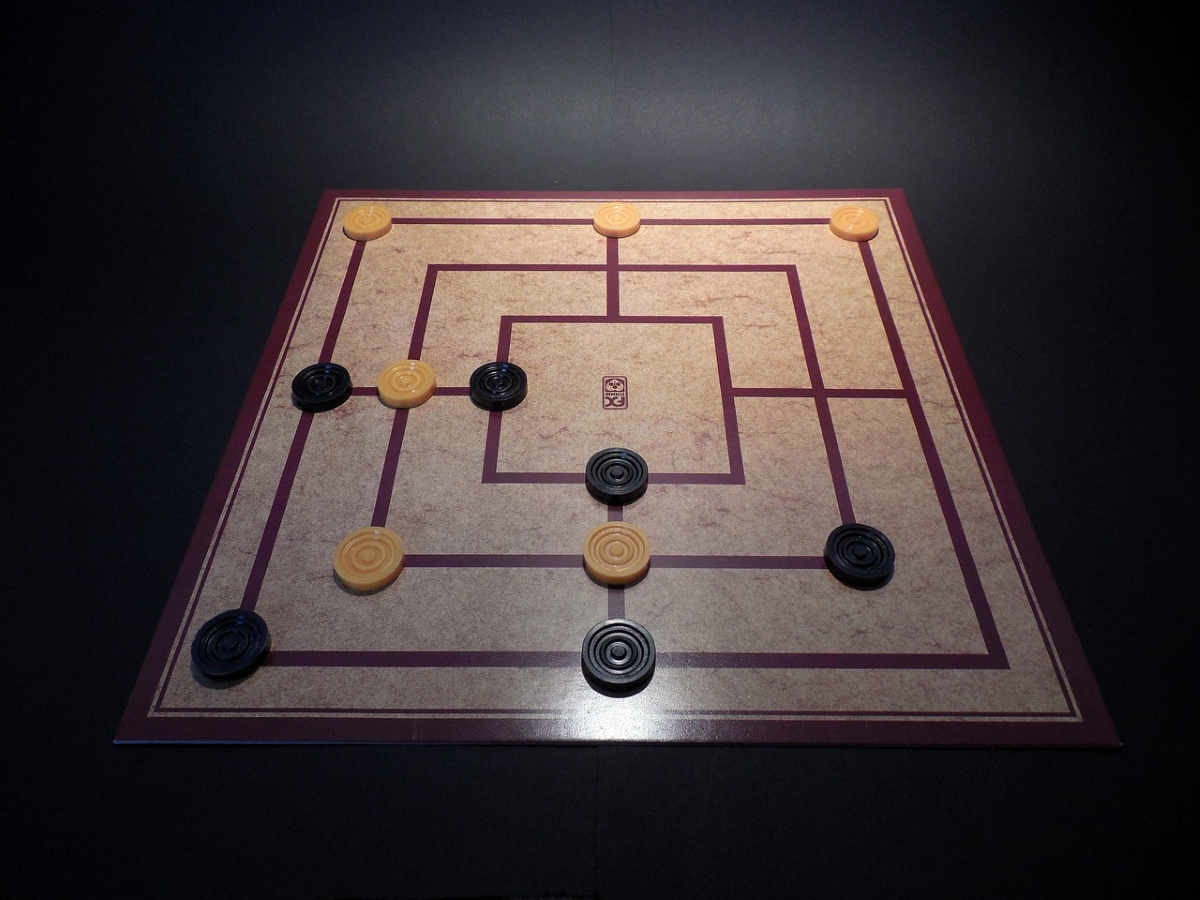How Social Board Games Can Prevent Loneliness in Seniors

Loneliness is a significant issue for many seniors, particularly those living alone or with limited social interactions. Studies have shown that prolonged loneliness can negatively affect both mental and physical health, leading to conditions like depression, anxiety, and even cognitive decline. However, social board games are an effective and enjoyable way to combat loneliness. Playing board games with friends and family, or even in senior community centers, can provide much-needed companionship, mental stimulation, and a sense of belonging.
In this guide, we’ll explore how social board games can prevent loneliness in seniors, promote mental and emotional well-being, and strengthen social connections.
1. The Emotional Impact of Loneliness in Seniors

Before we dive into the role of social board games, it’s important to understand the emotional toll that loneliness can take on seniors.
A. Increased Risk of Depression
Loneliness is one of the primary risk factors for depression in older adults. As social circles shrink due to retirement, relocation, or loss of loved ones, seniors may feel isolated and disconnected from their communities.
B. Cognitive Decline
Isolation has been linked to cognitive decline in seniors. Without regular social interactions, the brain may not receive the necessary stimulation to maintain healthy cognitive function, leading to memory loss, slower thinking, and difficulty with problem-solving.
C. Physical Health Risks
Loneliness can contribute to health problems such as high blood pressure, weakened immune systems, and an increased risk of heart disease. Research suggests that loneliness can be as harmful as smoking 15 cigarettes a day.
D. Loss of Purpose
Seniors who feel lonely often experience a diminished sense of purpose. They may struggle with feelings of worthlessness or frustration without regular engagement or social activities.
2. The Power of Social Interaction Through Board Games

Social interaction is vital to mental and emotional well-being, and social board games offer an excellent platform for fostering these interactions. Here’s how they help:
A. Bringing People Together
Board games naturally unite people in a shared activity, promoting conversation, laughter, and friendly competition. Whether it’s family members, friends, or seniors, gathering around a board game creates a sense of community and connection.
B. Encouraging Teamwork and Cooperation
Many board games require players to work together toward a common goal, fostering cooperation and collaboration. This teamwork can help strengthen bonds between players and create a sense of unity and achievement.
C. Stimulating Conversation
Board games often spark conversation, allowing seniors to share stories, memories, and experiences. This conversational aspect can help break the ice in group settings and allow seniors to express themselves in a fun, low-pressure environment.
D. Building New Friendships
For seniors new to a community or seeking new social outlets, board games can be a great way to meet new people. Participating in regular game nights or community board game groups can lead to lasting friendships and a sense of belonging.
3. Mental and Cognitive Benefits of Playing Board Games

In addition to the social benefits, board games provide cognitive stimulation that is crucial for maintaining mental sharpness as we age.
A. Improving Memory and Cognitive Skills
Many board games, especially those that involve strategy or memory, help keep the brain active and engaged. Games like chess, Scrabble, or memory card games require players to use reasoning, problem-solving, and recall, all essential cognitive skills.
B. Delaying Cognitive Decline
Engaging in mentally stimulating activities like board games can help slow cognitive decline in seniors. Studies have shown that regularly participating in activities that challenge the mind can delay the onset of conditions such as dementia or Alzheimer’s disease.
C. Enhancing Focus and Concentration
Board games often require sustained attention and concentration, which can help seniors maintain their focus and improve their ability to stay engaged in other daily tasks.
D. Promoting Creativity and Critical Thinking
Strategy-based board games, such as Settlers of Catan or Ticket to Ride, encourage players to think critically and creatively. These games help seniors exercise their decision-making skills and think through different scenarios and outcomes.
4. Popular Social Board Games for Seniors

There are countless board games available that cater to different interests and skill levels. Here are a few popular games that are especially well-suited for seniors:
A. Scrabble
Scrabble is a classic word game that challenges players to form words from individual letter tiles. It’s excellent for improving vocabulary and memory while encouraging friendly competition.
B. Rummikub
Rummikub is a tile-based game that combines elements of rummy and mahjong. Players must create sets or runs of numbers, which helps improve pattern recognition and quick thinking.
C. Dominoes
Dominoes is a timeless game that can be played with a group or just one other person. It’s simple to learn but offers enough strategy to keep it interesting.
D. Sequence
Sequence is a combination of card-playing and board strategy. Players use cards to place chips on a game board, aiming to create a sequence of five in a row. It’s great for seniors because it’s easy to understand yet engaging enough for extended play.
E. Chess
Chess is perfect for seniors who enjoy deep thinking and strategic planning. It’s a two-player game, making it ideal for intimate social interactions, and it provides a serious cognitive workout.
F. Bingo
While Bingo isn’t a board game in the traditional sense, it’s one of the most popular social games for seniors. It’s easy to play, encourages group participation, and offers the excitement of competition without too much pressure.
5. Playing Board Games in a Virtual Setting

Virtual board games provide an excellent alternative for seniors with difficulty attending in-person gatherings. Many traditional board games are now available in digital format, allowing seniors to connect with others online and play remotely.
A. Online Platforms for Virtual Games
- Tabletopia: An online board game platform that allows players to play various games, either against the computer or with friends.
- Pogo: Offers a selection of classic board games like Monopoly, Scrabble, and Yahtzee.
- Board Game Arena: This venue features popular board games in a virtual setting, where seniors can play against others from around the world.
B. Benefits of Virtual Play
Virtual games allow seniors to play anytime, anywhere, and with anyone, including family members or friends who live far away. They also help seniors who may have mobility issues participate in social activities without leaving home.
6. How to Start a Senior Board Game Group

One of the best ways to prevent loneliness through board games is by starting a regular game group with other seniors. Here are a few steps to get started:
A. Find a Group of Players
Reach out to friends, neighbors, or members of your senior community who may be interested in joining a board game group. You can also post flyers in community centers or online to attract new members.
B. Choose a Variety of Games
Select a range of games that cater to different interests and abilities. This ensures that everyone in the group will find a game they enjoy and feel comfortable playing.
C. Schedule Regular Game Nights
Consistency is key to building lasting social connections. Establish a regular schedule for game nights, whether once a week or bi-weekly, to create a routine that everyone can look forward to.
D. Encourage a Welcoming Atmosphere
Create an inclusive and friendly environment where everyone feels welcome. Encourage conversation, laughter, and camaraderie, and ensure new players feel comfortable joining the group.
Conclusion

Social board games offer seniors more than just entertainment—they provide an opportunity to connect with others, keep the mind sharp, and combat the loneliness many older adults face. Whether playing classic games with family members or starting a new game group in your community, board games offer a joyful and interactive way for seniors to stay socially and mentally engaged. By incorporating these games into daily or weekly routines, seniors can experience the emotional and cognitive benefits of regular social interaction, helping them lead happier, healthier lives.





